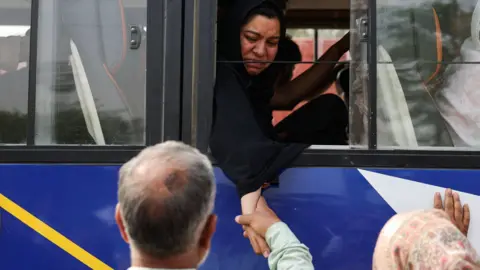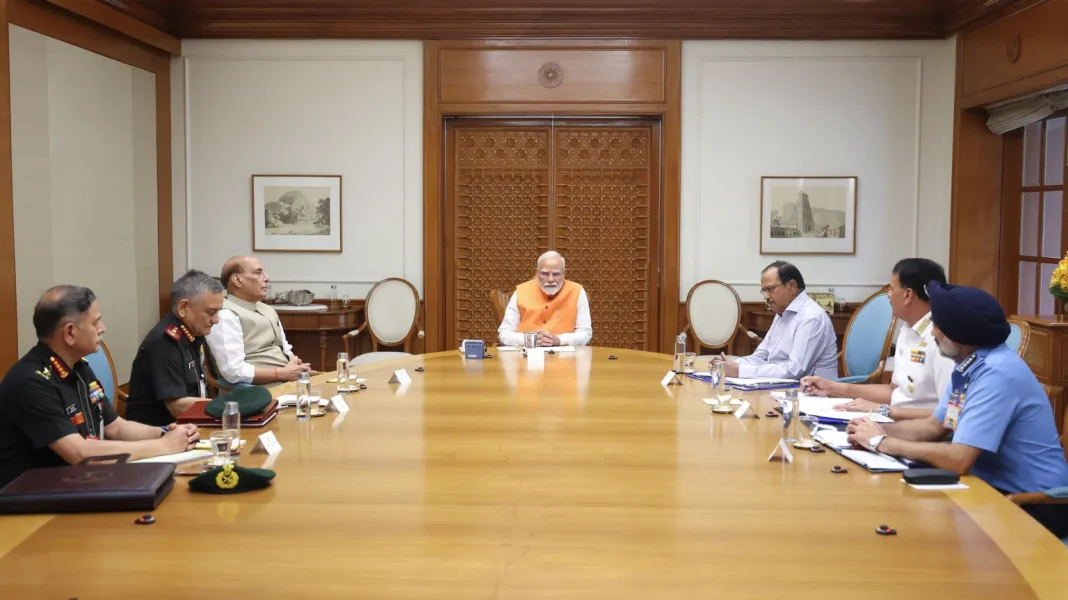The situation between India and Pakistan is rapidly deteriorating, following the deadliest civilian attack in Indian-administered Kashmir in over 20 years, which left 26 people dead. The attack near Pahalgam has provoked a sharp escalation in diplomatic, military, and economic tensions, with both nations engaging in retaliatory moves, including airspace closures, visa suspensions, and the termination of longstanding agreements like the 1972 peace accord and a water-sharing treaty.
India blames Pakistan-based militants for the April 22 attack, citing evidence that two of the suspects were Pakistani nationals. Pakistan denies any involvement and claims India is using the attack to justify aggressive rhetoric and potential military action. The U.S. has stepped in diplomatically, with Secretary of State Marco Rubio urging both countries to de-escalate and cooperate in the investigation, though tensions remain high, especially as Indian PM Modi has given the military a “free hand” in determining a potential response.
Given the nuclear capabilities of both nations and their history of conflict over Kashmir, including past cross-border strikes (e.g., in 2016 and 2019), there’s growing international concern that this latest cycle of violence could spiral into a broader confrontation.


